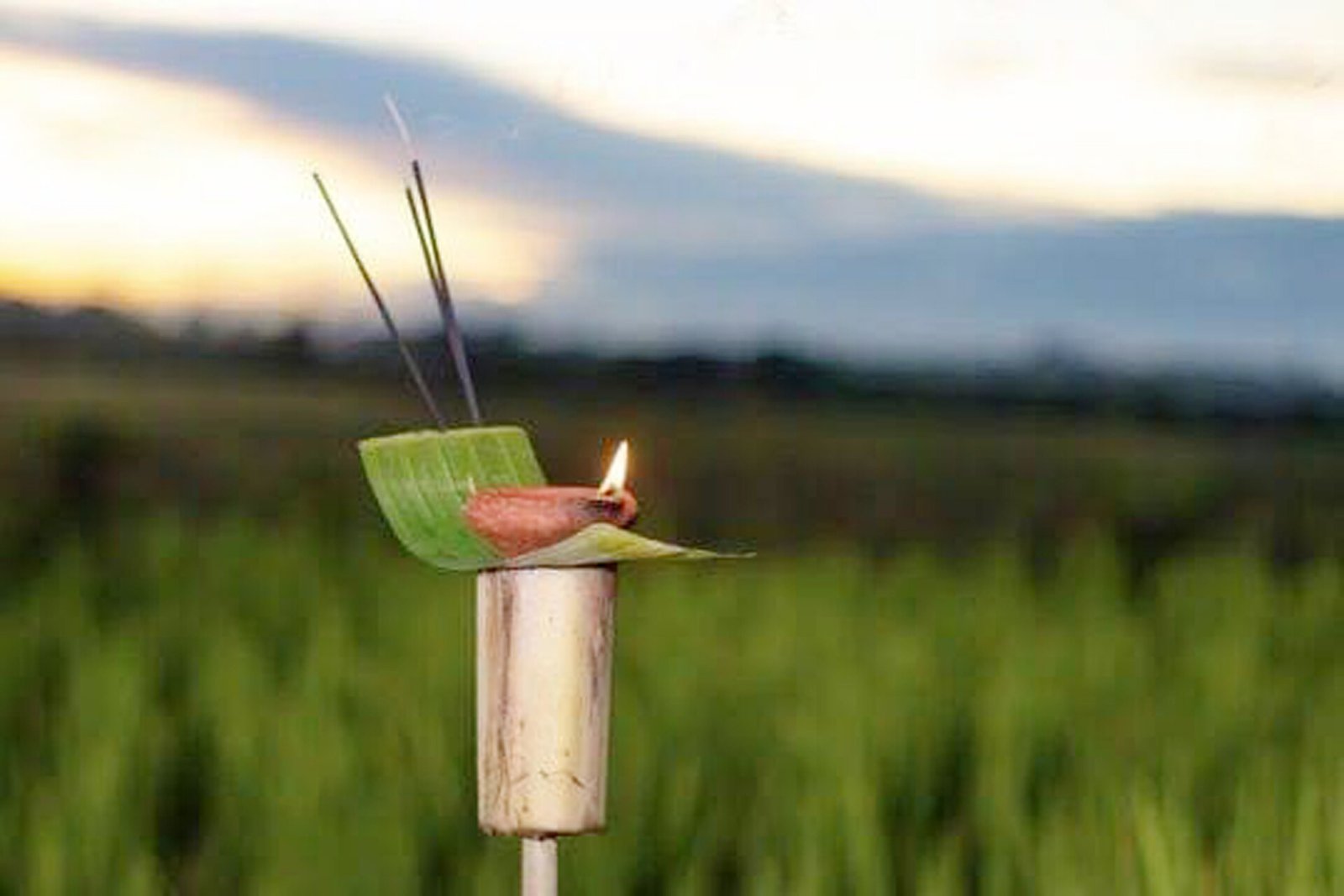By: Dipak Kurmi
As the warmth of spring envelops the verdant landscapes of Assam, the air is filled with the joyous melodies and vibrant colors of Rongali Bihu, the festival that celebrates the arrival of the Assamese New Year. More than just a mere celebration, Bihu is an emotion deeply woven into the fabric of Assamese culture, a mirror reflecting the rich tapestry of traditions, customs, and values that have stood the test of time.
For generations, Rongali Bihu has been a unifying force, bringing together people from all walks of life, transcending boundaries of religion, caste, or creed. It is a time when the entire state becomes a canvas of revelry, where the rhythmic beats of the dhol (drum), the melodious tunes of the pepa (buffalo horn), and the enchanting melodies of the gogona (bamboo instrument) reverberate through every village, town, and city.
In the days of yore, Rongali Bihu was a true community affair, with people assembling in homes to sing the captivating Huchori songs, invoking blessings for a prosperous and peaceful year ahead. The village Huchori groups were welcomed with open arms, their presence considered a matter of great fortune, and the funds raised through their performances were channeled back into the development of the village itself.
Even the children embraced the spirit of Bihu, forming their own Huchori groups and singing from door to door, fostering a sense of unity and camaraderie among themselves and their families. The aroma of traditional delicacies like chira (flattened rice), pitha (rice cakes), sandoh (parboiled rice), muri (puffed rice), and til’r laru (sesame candy) wafted through the air, filling every heart with joy and nostalgia.
Sadly, the passage of time has brought about a gradual erosion of these age-old traditions. The thrilling sounds of dhul, pepa, and gogona are increasingly confined to Bihu workshops, as fewer and fewer villages retain the authentic celebrations of yesteryear. The younger generation, immersed in the allure of technology and materialism, often finds itself disconnected from the rich cultural heritage that once defined the Assamese identity.
It is a sobering reality that the very fabric of Assamese unity is fraying, as divisions along religious, caste, and political lines threaten to tear apart the sense of oneness that Bihu has always fostered. Even within the same village, the once-cherished traditions of Huchori and the Uruka feast during Magh Bihu are slowly fading into obscurity, replaced by individualism and indifference.
This erosion of unity and cultural identity is a matter of grave concern, for it strikes at the very heart of what it means to be Assamese. The clarion call of the hour is for every Assamese to rise above the narrow confines of divisive ideologies and embrace the spirit of togetherness that Bihu represents.
Bihu is not merely a festival; it is the lifeline of Assamese culture, the embodiment of our identity as a people. It transcends the boundaries of politics, religion, and customs, reminding us of the shared heritage that binds us together as one. As the thrilling beats of the dhul reverberate across the land, they carry with them the magic of unity, the power to bring every Assamese heart closer, and the strength to fortify the unbreakable bonds that have withstood the test of time.
It is time for every Assamese to feel the emotion, to embrace the thrill, and to celebrate Rongali Bihu with an open heart, free from the shackles of narrow-mindedness. Let the joyous melodies of Huchori once again fill the air, let the aroma of traditional delicacies waft through every home, and let the spirit of togetherness reign supreme.
As we revel in the mirth and merriment of Rongali Bihu, let us also renew our commitment to reviving the unity that has always been the bedrock of Assamese culture. Let us pledge to pass on these treasured traditions to the generations that follow, ensuring that the beating heart of Assamese identity never falters.
For it is only through this unity, this unwavering commitment to our shared heritage, that we can truly embark on the greater journey of Assamese nation-building. Let us embrace our roots, celebrate our diversity, and stand tall as a cultured nation, united in the spirit of Bihu, for it is in this unity that our true strength lies.
Rongali Bihu is not just a festival; it is a testament to the resilience, the vibrancy, and the enduring spirit of the Assamese people. Let us celebrate it with pride, let us honor its traditions, and let us ensure that its essence remains forever etched in the hearts and minds of every Assamese, today and for generations to come. (The writer can be reached at dipakkurmiglpltd@gmail.com)







